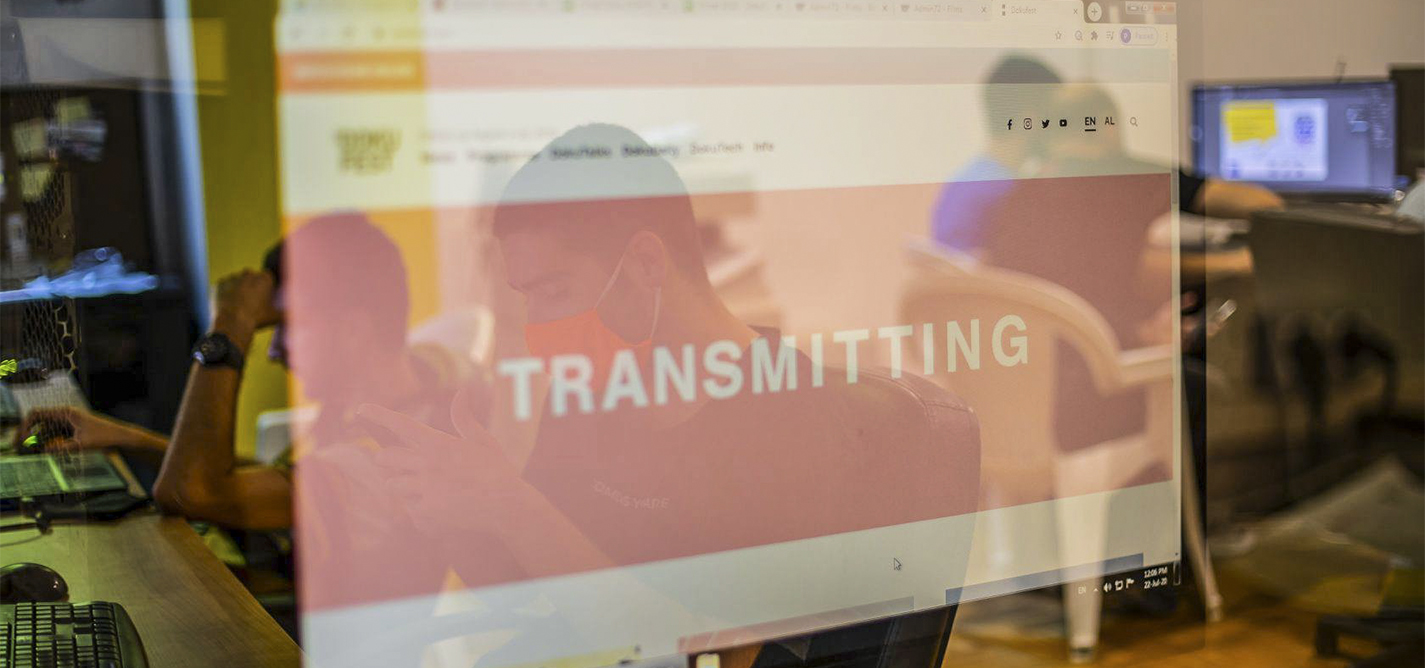
DokuFest goes digital
Behind the scenes of the unusual preparations for the 19th edition of Dokufest.
|07.08.2020
|
This year’s edition carries the name “Transmission,” alluding to the transformation of our times.
Whether DokuFest continues is no longer a question but how it will continue beyond this edition will be unanswerable as long as this pandemic rages forward.

Edona Kryeziu
Edona Kryeziu was a journalist covering Arts & Culture at K2.0. She holds a Bachelor of Arts from Maastricht University, the Netherlands, and a Masters Degree in Migration & Diaspora Studies (Visual Anthropology) from SOAS London University, UK.
This story was originally written in English.